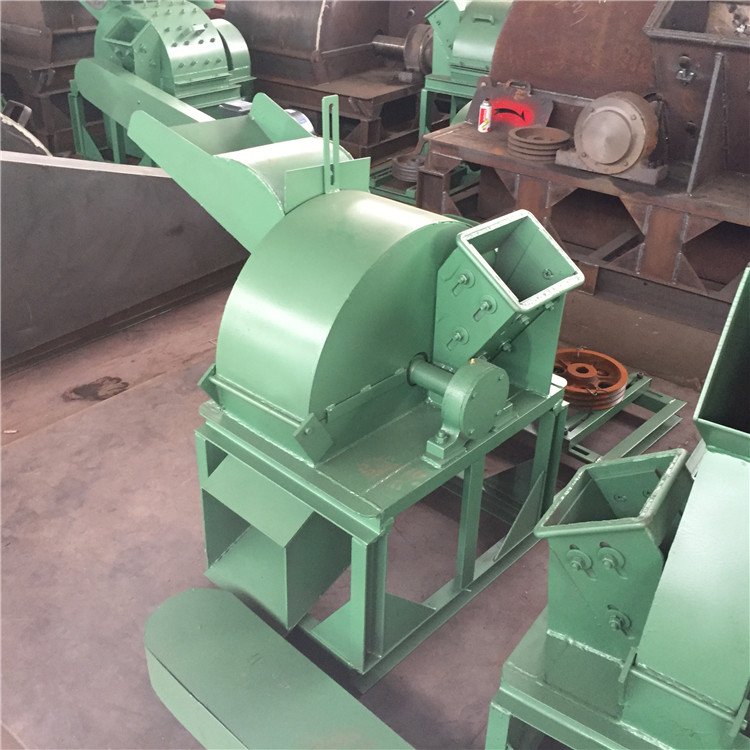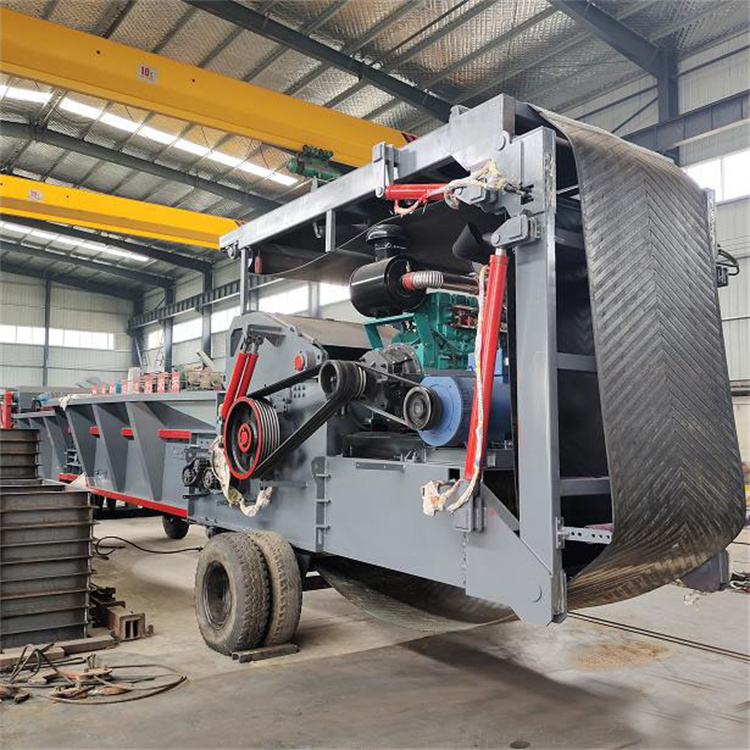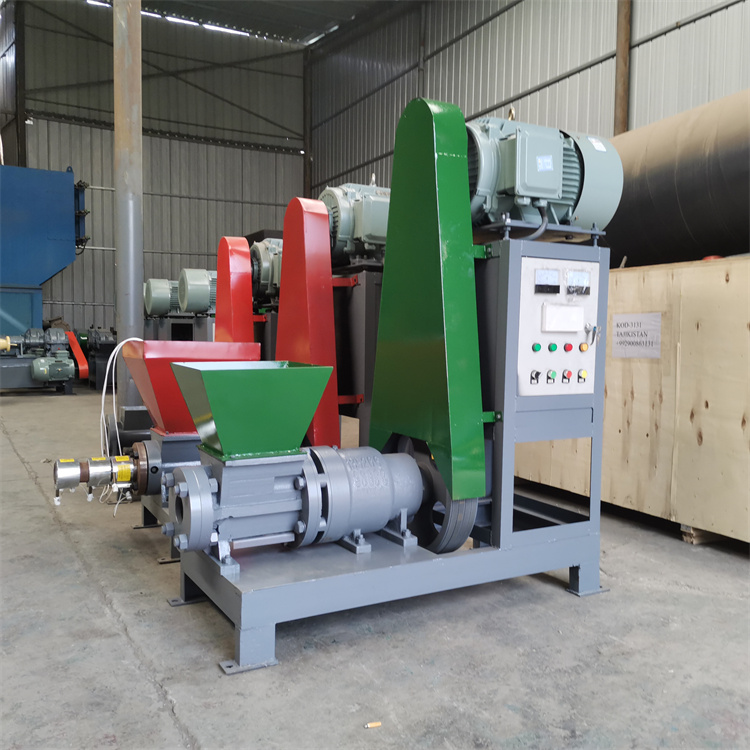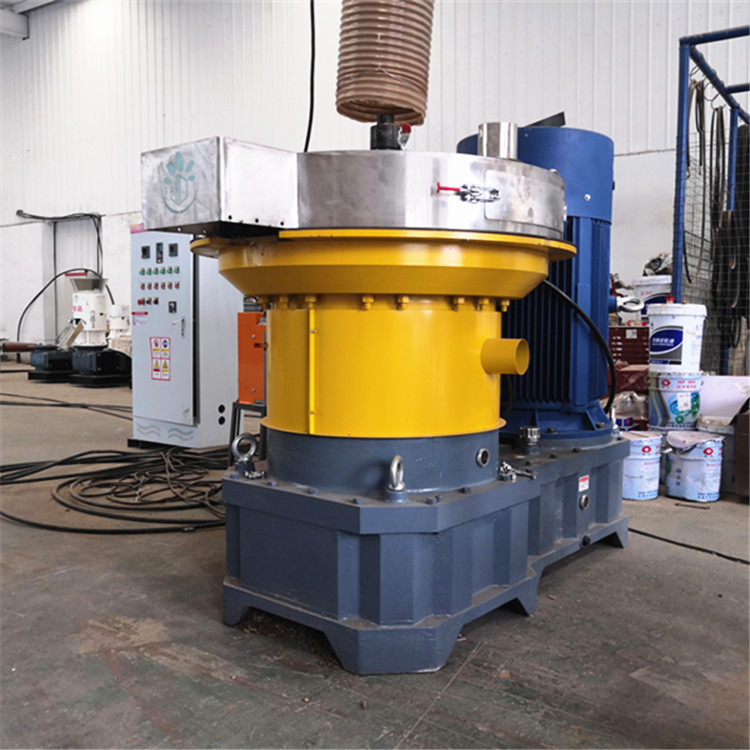For small farm owners, dealing with wood waste—whether it’s pruned branches, fallen trees, or old pallets—can be a challenge. Wood chippers offer an efficient way to turn this waste into useful material while saving time and money.
Here are some factors to consider when choosing the best wood chipper for small farms.
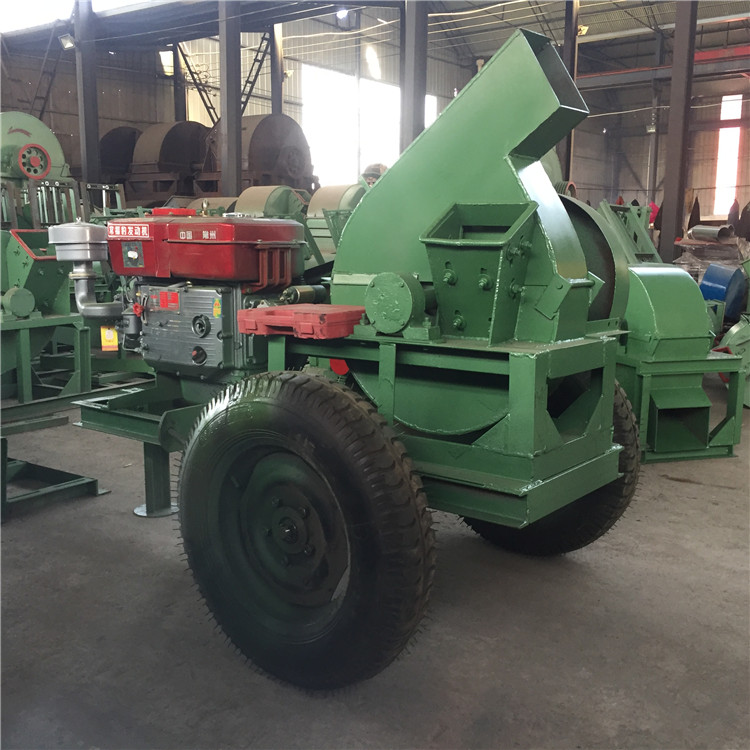
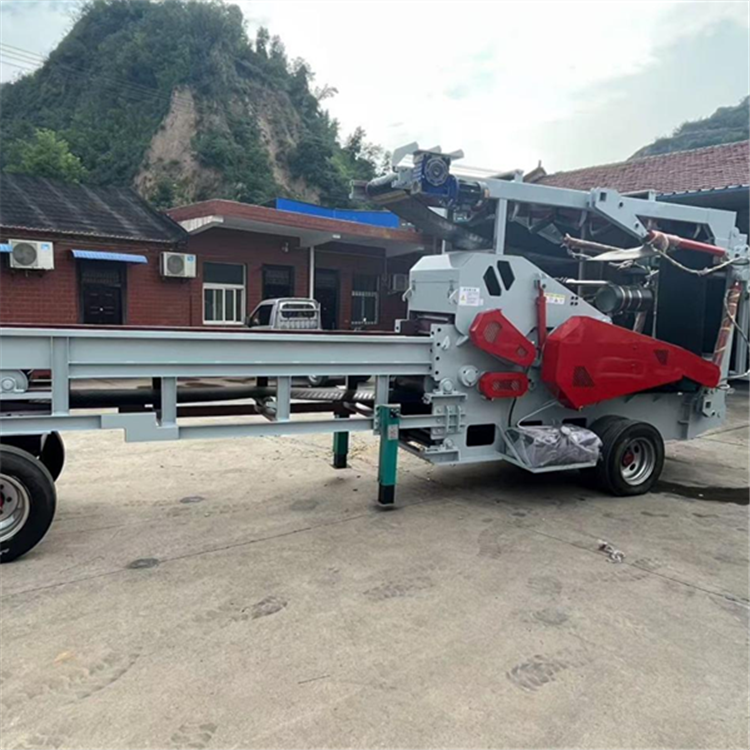
Why Small Farms Need Wood Chippers
Reduce Waste — Instead of burning or hauling away branches and brush, small wood chippers can process them into mulch, compost, or biomass fuel, reducing cleanup time.
Save money — Pulverized wood chips can be reused for animal bedding, garden paths, or heating, reducing the expense of outside materials.
Environmentally friendly farming — Recycling wood waste supports sustainable farming practices and reduces landfill use.
Key features of wood chippers for small farms
Compact and portable — Choose a lightweight, towable model that can be easily moved around the farm.
Electric or fuel-powered — Electric models are quieter and suitable for small-scale operations, while fuel-powered equipment is better suited for areas without power or mobile operations.
Adjustable output size — Some farms require fine wood chips for composting, while coarse wood chips can be used directly as fuel for burning.
Easy maintenance – Choose a drum or disc wood chipper with blades that can be easily removed for sharpening or replacement.
Best types of wood chippers for small farms
Electric wood chippers – Suitable for small branches and quiet operation.
Diesel-powered wood chippers – More suitable for outdoor locations without power and offer greater mobility.
PTO-driven wood chipper – If you have a tractor, these machines can be directly connected to the PTO shaft for heavy-duty wood chipping tasks.
Conclusion
Wood chippers are a wise investment for small farms, helping to sustainably manage waste and produce useful by-products. Whether you need mulch for gardening, fuel for heating, or cleaner fields, the right wood chipper can make farm work easier and more efficient.


